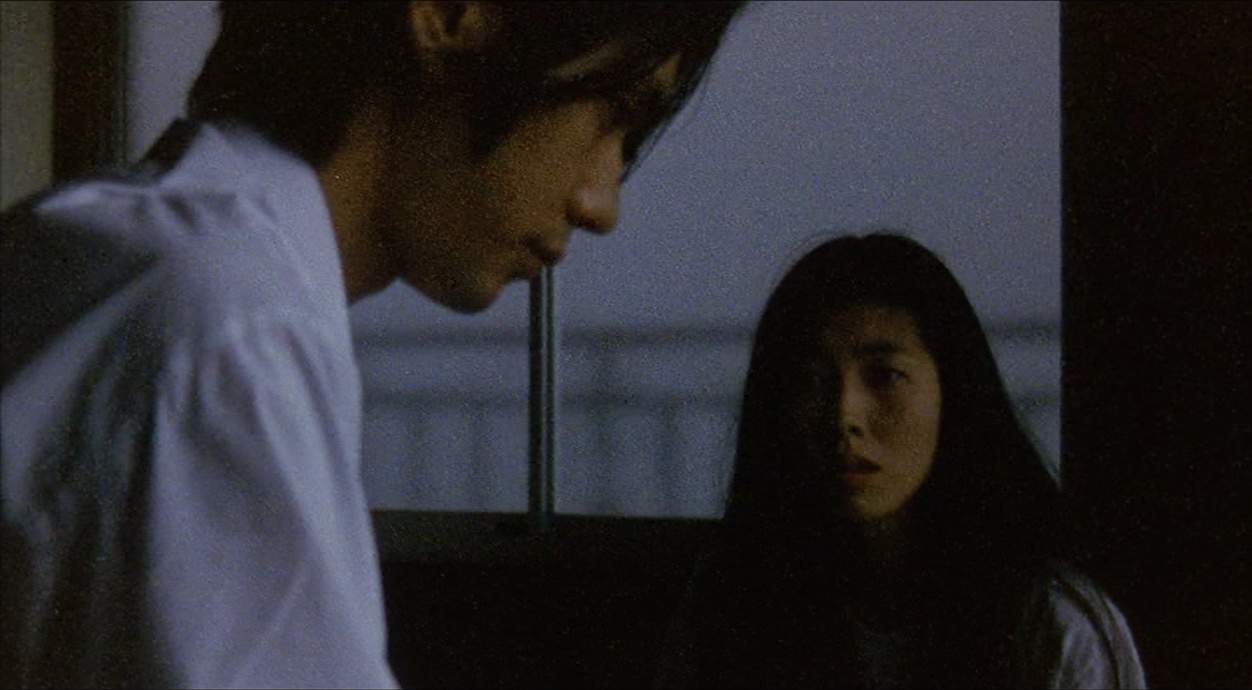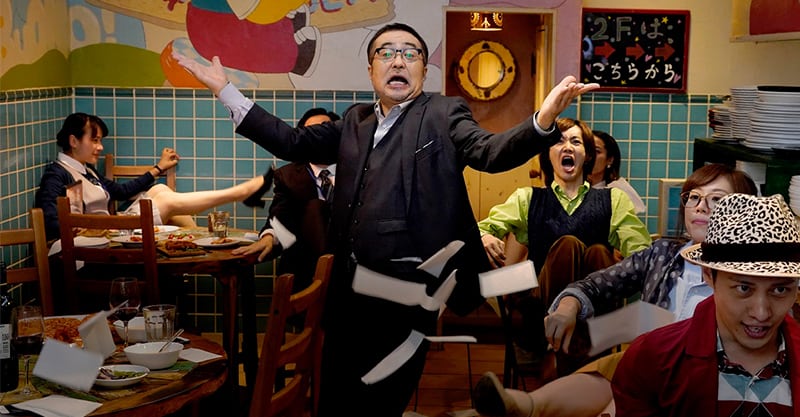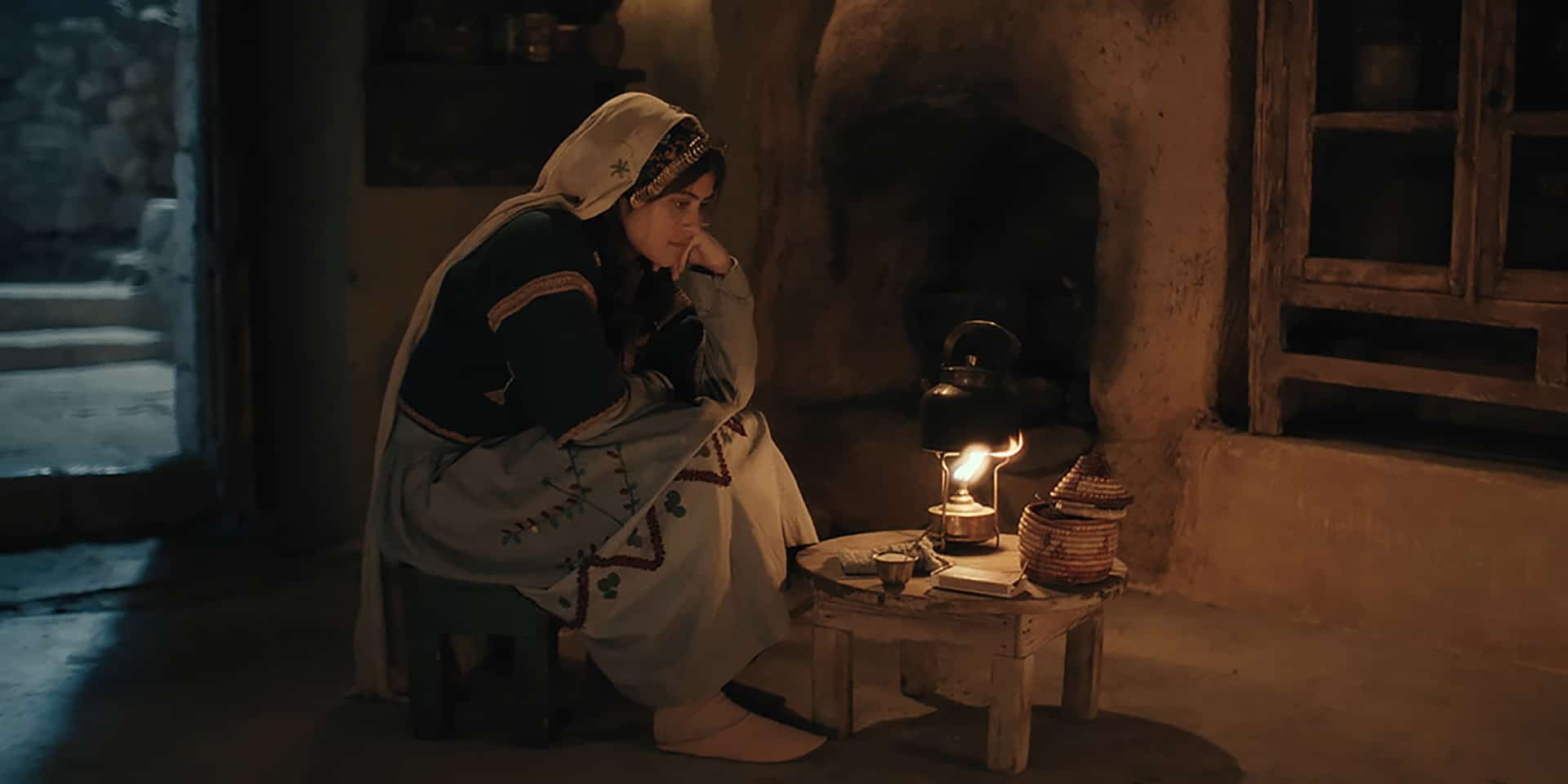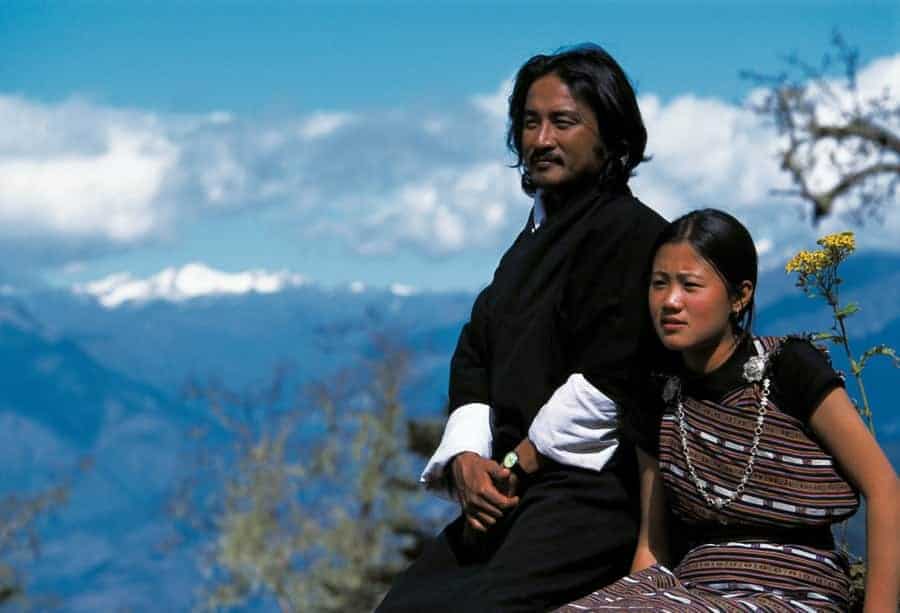Shooting a romantic sex comedy in countries such as Malaysia and Singapore (that co-produced the movie along with Hong Kong's One Cool Film Production), where censorship borders on the Draconian, is not exactly an easy feat, even more so when the story makes a series of rather pointed comments against the ways religion functions and the blights of patriarchy. It is what M. Raihan Halim chose to do nevertheless, in a film that manages to retain its lightness and hilarity, even though its subject matters are rather serious.
La Luna is screening at International Film Festival Rotterdam

The story takes place in Kampong Bras Basah, a small village were the undisputed leader is Tok Hassan, an elderly scholar whose intense strictness regarding Muslim laws has resulted in fashion magazines being manually censored, sermons being purged of humor and teenage art being deemed a matter of police concern. His authority, however, is challenged when Hanie, a modern entrepreneur from Kuala Lumpur, comes to the village to open an upscale lingerie store, who soon also becomes a refuge for a number of women in the village. The clash between them is inevitable, with Tok Hassan using every trick in his book to get the shop to close down. Police officer Salihin Arshad finds himself in the middle, as his professional capacity comes into conflict with his love for his daughter, Azura, who is constantly pressuring him to change his way of thinking and overall practices, and his relationship with the newcomer, which soon blooms into something more than friendship. Although Hanie scores some ‘victories' in the beginning, her adversary is not eager to let go
M. Raihan Halim's writing and directing are particularly intelligent in “La Luna” with him managing to combine comedy, romance and drama with intense sociopolitical commentary, without, though, allowing the movie to become polemic despite its context, which could easily lead towards that path. In that fashion, it is quite interesting to see how he achieves that, particularly the last aspect. Apart from the overall lightness that permeates the movie, Halim takes care of having a number of opposite characters, who essentially state that the problem is not religion or the system, but the way people perceive and implement it. In that fashion, for Tok Hassan's religious villainy, there is Ustaz Fauzi, whose mildness and overall will to hear his ‘flock' make him the exact opposite of the aforementioned. For Pa'at, a man who is violent towards his wife and is not willing to hear anyone talking to him against the patriarchy, there is Salihin, who listens to both his daughter and Hanie later on, with the fact that he is an authority as a policeman adding even more to this approach.
Regarding the lightness, the approach is more evident. Humor is found throughout, with the ‘naughty' way it is implemented in the lingerie shop and the sexual ‘consequences', initially of Ayob and Enah, and later on, of the whole village being among the film's most entertaining traits. The fact that both Azura and Hanie tease Salihin about his daughter's sexual activity, and the whole arc with her boyfriend, who happens to be a ‘damned' artist, cement this element, again, in very intelligent fashion.
This approach, however, does not mean that the messages Halim wanted to communicate do not get through. On the contrary, the blights of patriarchy, the obsession with the letter of the religious law, and the subsequent censorship and all kinds of suppression against anything that is considered different, and thus dangerous, is quite eloquently presented here. That violence that is essentially justified by the law ensues due to the aforementioned is also evident here, although Halim tones this aspect down through the film's ending, again in the non-polemic approach mentioned before.
Apart from context, “La Luna” also thrives in the acting, with the job done in the casting also being top notch. The chemistry and overall presence of Shaheizy Sam as Salihin Arshad and Sharifah Amani as Hanie Abdullah is as rewarding as possible, with both actors embodying their roles rather convincingly, and with a sense of measure that is not that common in comedies from the area. The ones who steal the show, though, are definitely the ‘secondary' characters. Wan Hanafi Su as Tok Hassan plays the ‘noble villain' type to perfection, while the comedy that derives from Nam Ron's Ayob and Farah Ahmad's Enah is one of the most entertaining aspects of the movie. Syumaila Salihin as Azura plays the cheeky teenager with gusto, while Iedil Dzuhrie Alaudin as Ustaz Fauzi highlights both his initial inner struggle and his eventual transformation in the most convincing way.
Sofyan Daud Mohamed's cinematography captures the rural area with realism, with the intense coloring, which finds its apogee in the lingerie shop, working quite well for the story. The fact that he manages to communicate the sex scenes without actually showing anything is a feat that should be attributed both to the cinematography and the editing by Rohaidan Rashid, whose cuts also result in a very fitting, relatively fast pace.
“La Luna” is an excellent film, additionally because it manages to show how impactful and contextually deep comedy can be when in the right hands.















